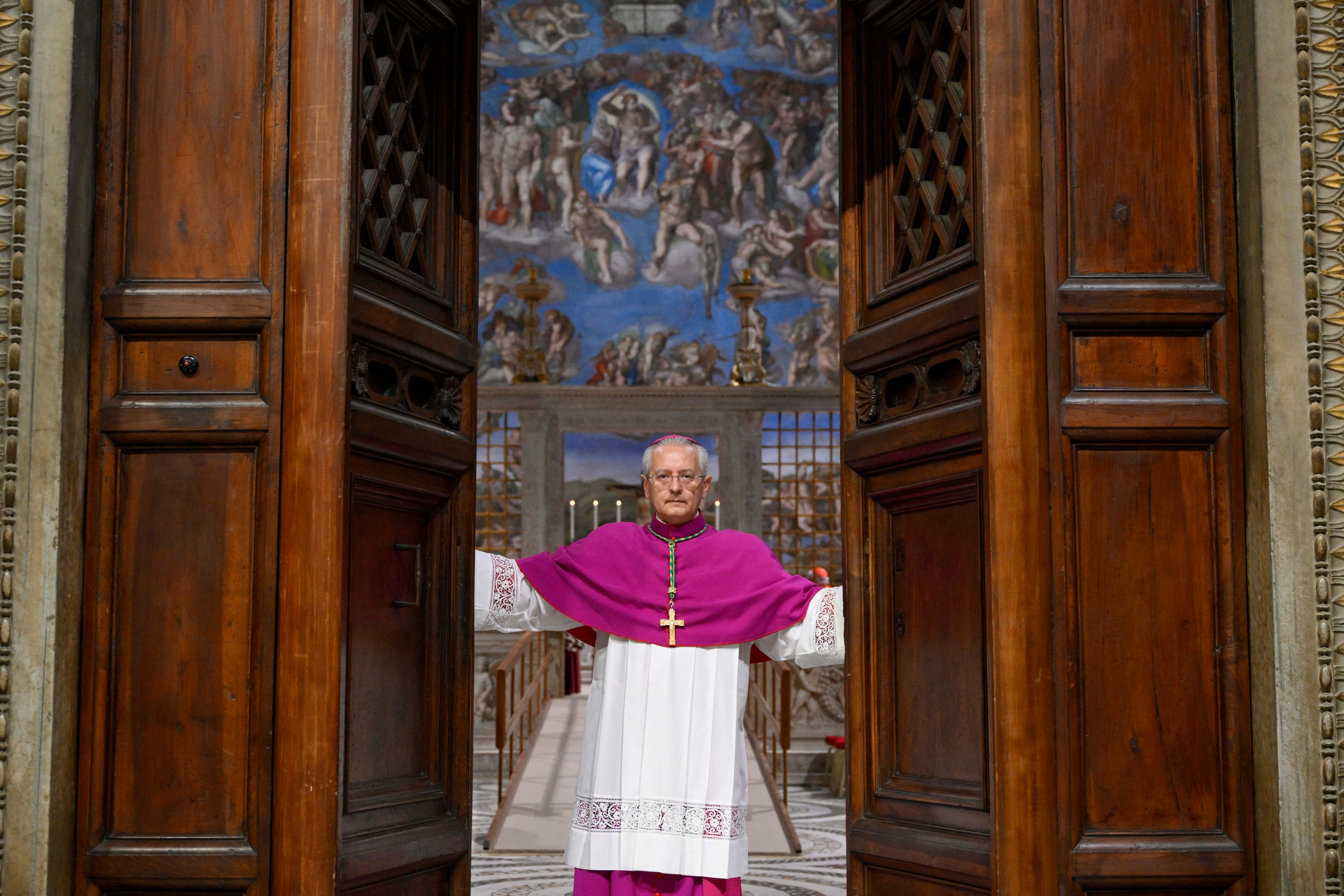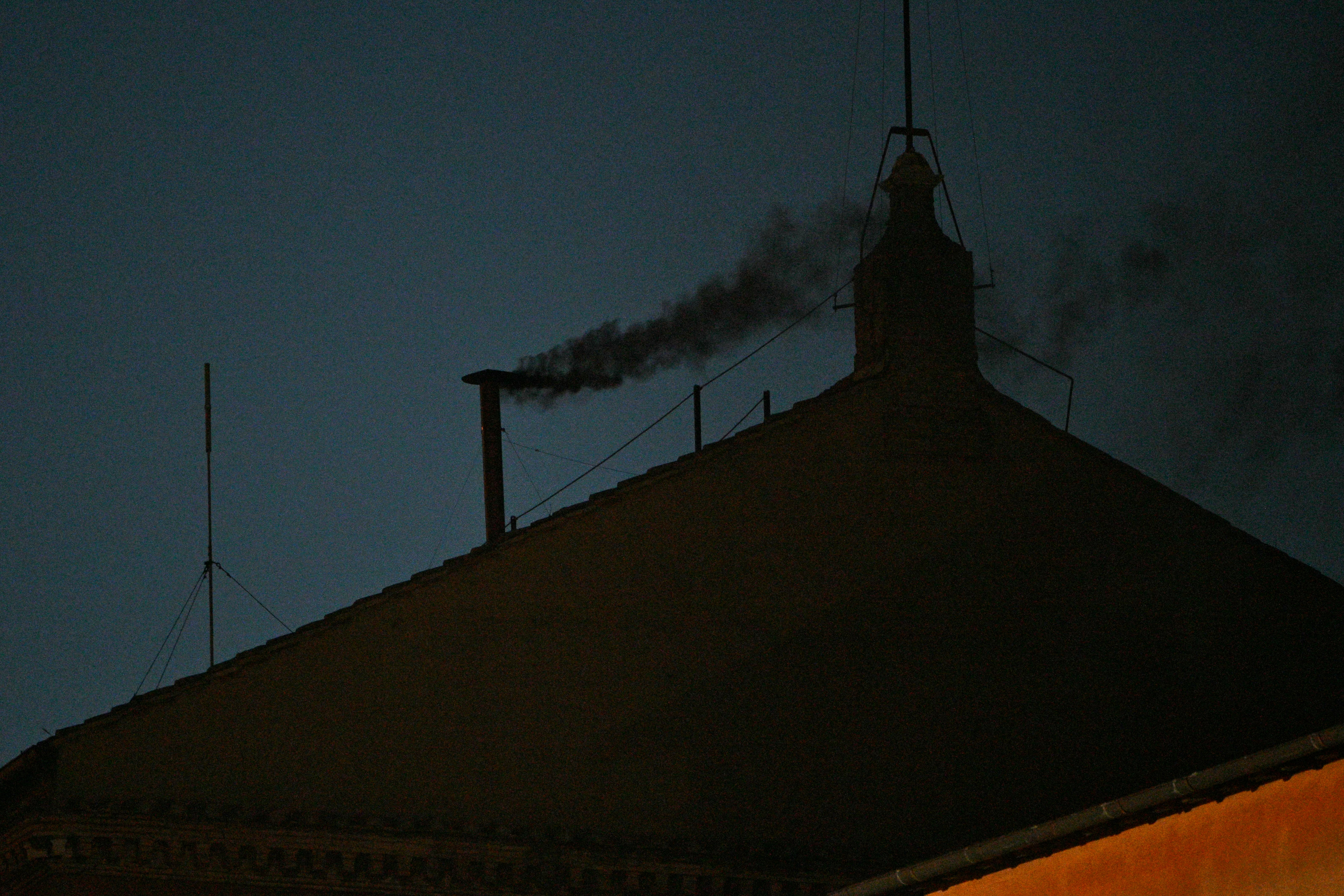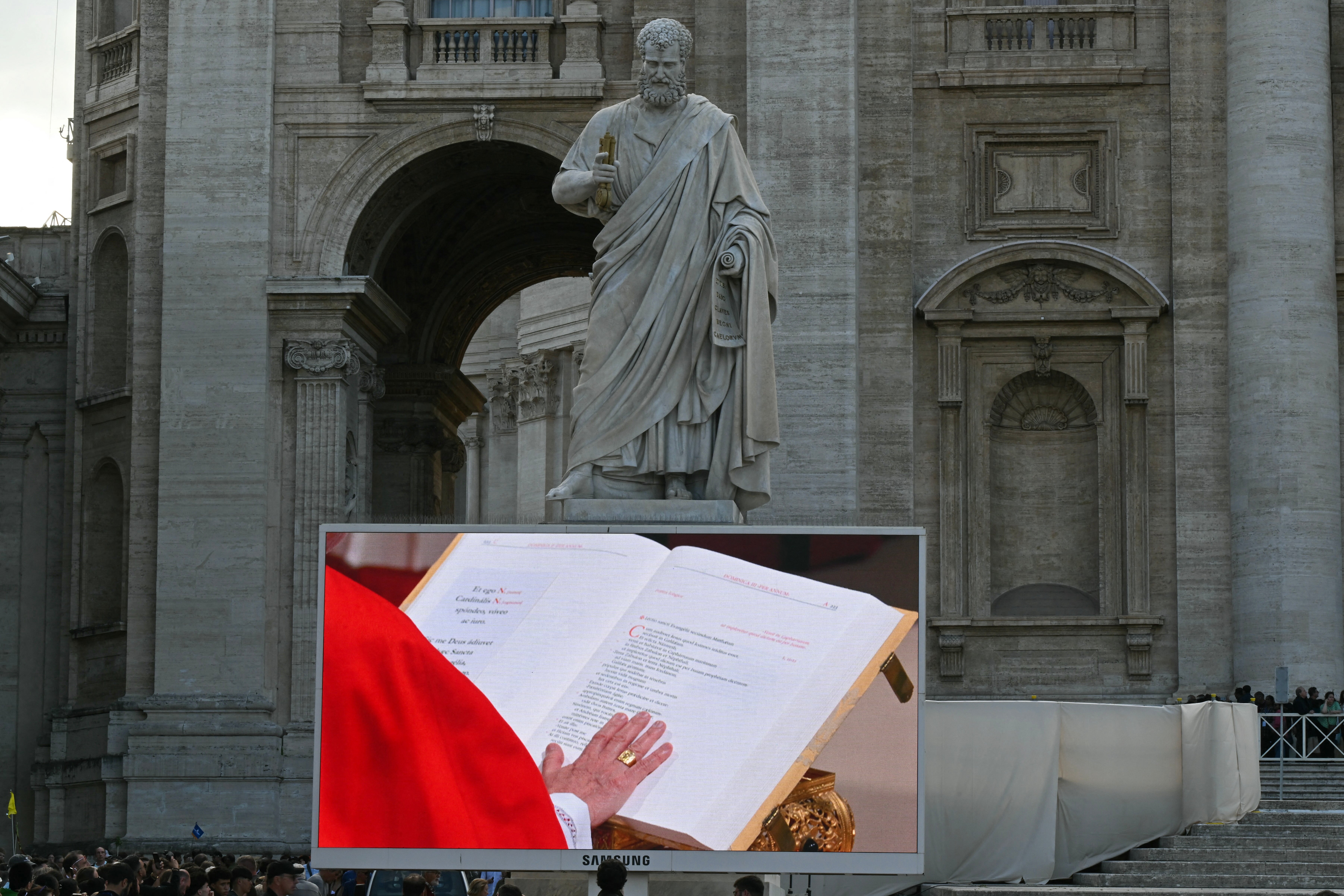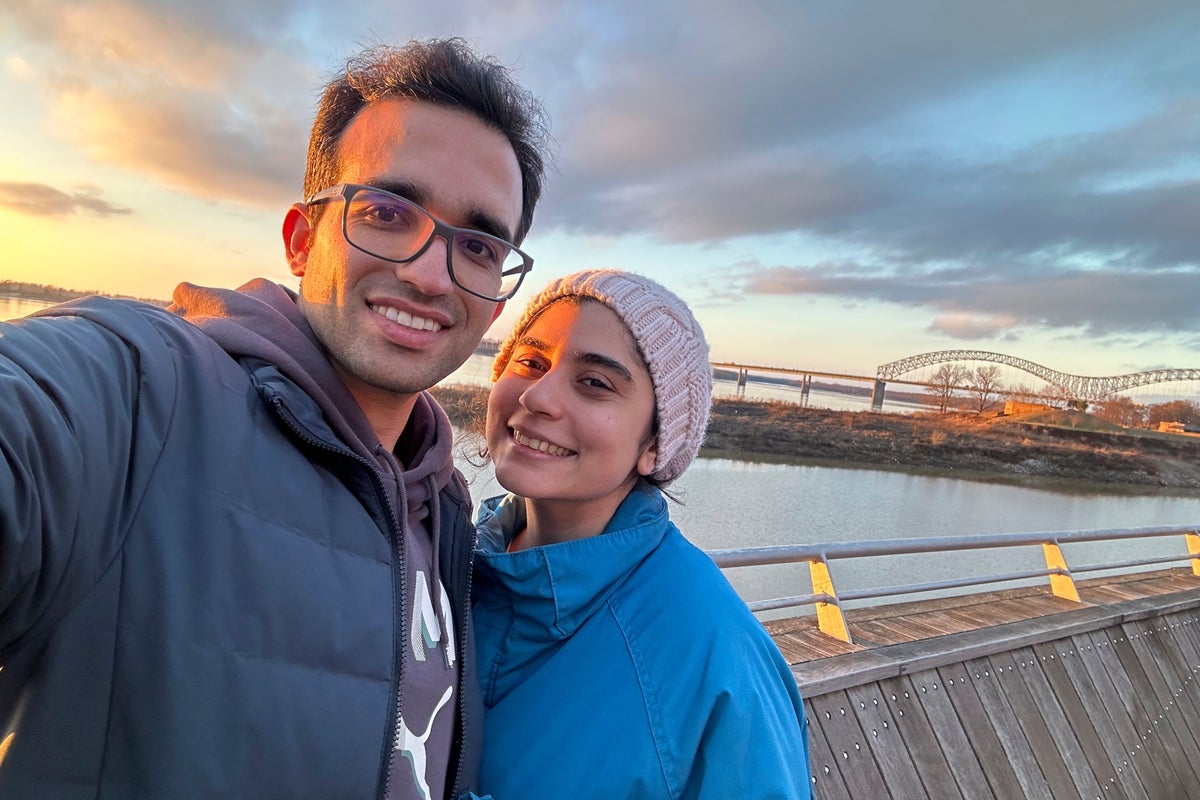ARTICLE AD BOX
One hundred and thirty-three cardinals filed into the Sistine Chapel on Wednesday, swearing an oath of secrecy to begin deliberations on who should lead the Catholic church following the death of Pope Francis.
Behind them, the great doors swung shut after the cry of "extra omnes" — Latin for "all out" — as they began the centuries-old ritual and opened the most geographically diverse conclave in the faith's 2,000-year history.
They will remain shut off from the outside world until a choice is made, indicated by white smoke.
As dusk fell over St Peter’s Square, the first day’s discussions ended as expected with thick black smoke from the chapel chimney, meaning the conclave will resume on Thursday when further votes will be held.

Events began with a special mass in St Peter’s Basilica, where the Dean of the college of Cardinals Giovanni Battista Re prayed for the cardinals to be enlightened to choose “the Pope our time needs”.
“We are here to invoke the help of the Holy Spirit, to implore his light and strength so that the Pope elected may be he whom the Church and humanity need at this difficult and complex turning point in history,” Re said in his homily.
“Let us pray, then, that the Holy Spirit, who in the last hundred years has given us a series of truly holy and great Pontiffs, will give us a new Pope according to God’s heart for the good of the Church and of humanity.”

Re said the world today expects a lot from the Church, particularly when it comes to safeguarding spiritual values.
“May the Blessed Virgin Mary, Mother of the Church, intercede with her maternal intercession, so that the Holy Spirit will enlighten the minds of the Cardinal electors and help them agree on the Pope that our time needs,” he said.
During the final ceremony before the doors to the Sistine Chapel were locked, each of the 133 cardinal electors stood before Michelangelo’s Jesus the Judge mural and placed their hands on the Book of Gospels, taking an oath of secrecy.

But the Vatican did not leave security there: cardinals handed in their phones, mobile signal towers in the city state were shut down and signal jamming devices were deployed to ensure no news gets in or out.
Among the frontrunners to succeed Francis – who died last month after 12 years as pontiff – is Pietro Parolin, an Italian Cardinal who has been the Vatican’s secretary of state for more than a decade. As the Vatican’s top diplomat, he is the most well-known to all of the 132 other electors, and Italian newspaper Corriere della Sera reports he could already have the support of 50 voters ahead of the conclave.
Another favourite is Filipino Cardinal Luis Antonio Tagle. The 67-year-old former archbishop of Manila would be the first pope from Asia, if elected, and Asia is seen as a vital growth region for Catholicism. Tagle is also seen as similar to Francis in many ways, and is on the progressive side of politics.

“He would represent a continuity of what Pope Francis has been doing,” said Reverend Emmanuel Alfonso, a former student of Tagle who has known him for decades.
Cardinals in this conclave are the most geographically diverse in history, coming from 70 countries including 23 from Asia and the Middle East, 17 from Africa and 21 from Central and South America.
But Jesuit priest and religious analyst Father Thomas Reese said it was “all guessing at this point” as to who would become the next pope.
“If the conclave is over quickly it’s going to be one of the leading candidates like Cardinal Parolin, the current Secretary of State, but it’s everybody’s guess at this point,” he said.









 English (US) ·
English (US) ·